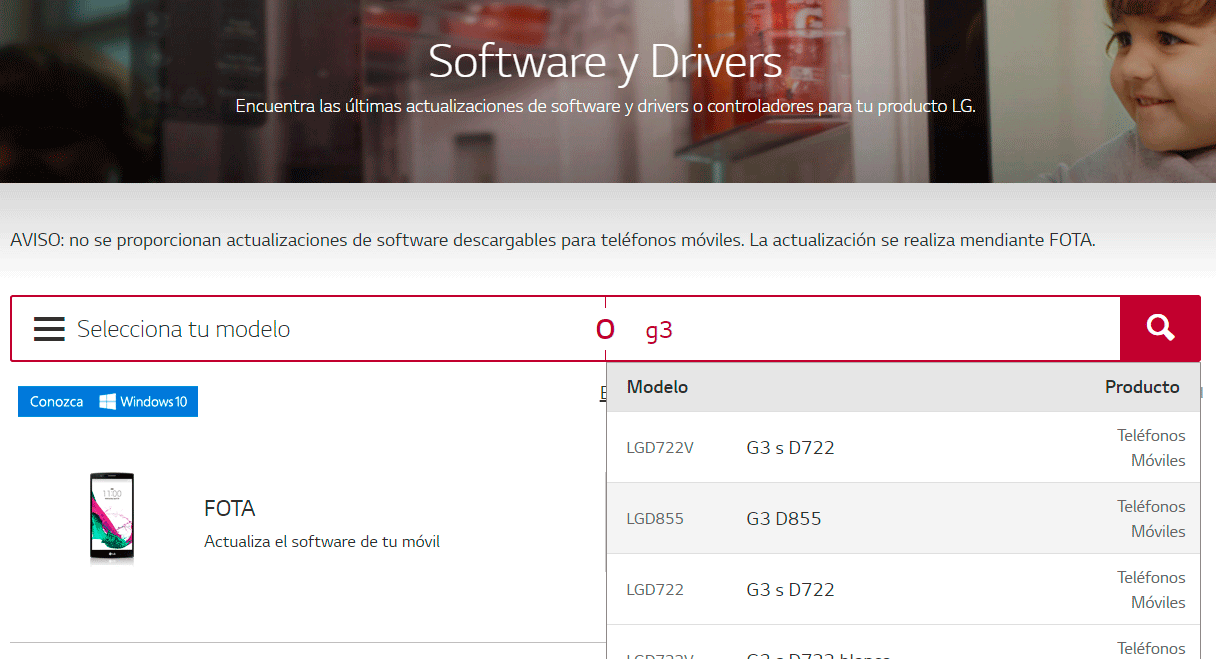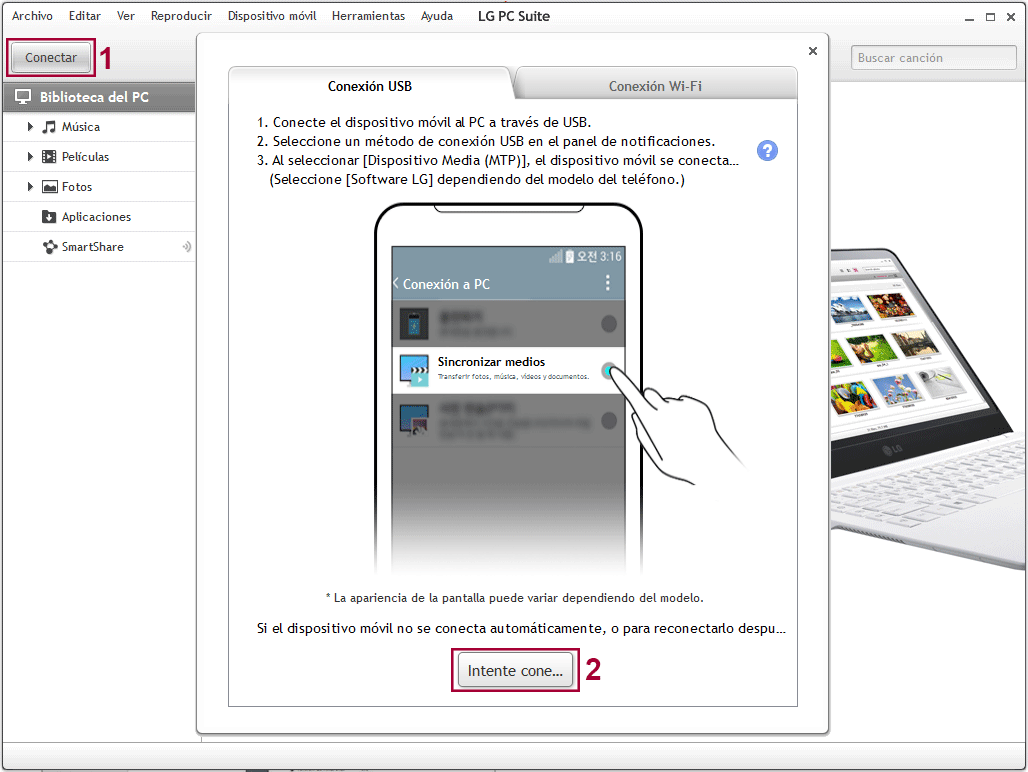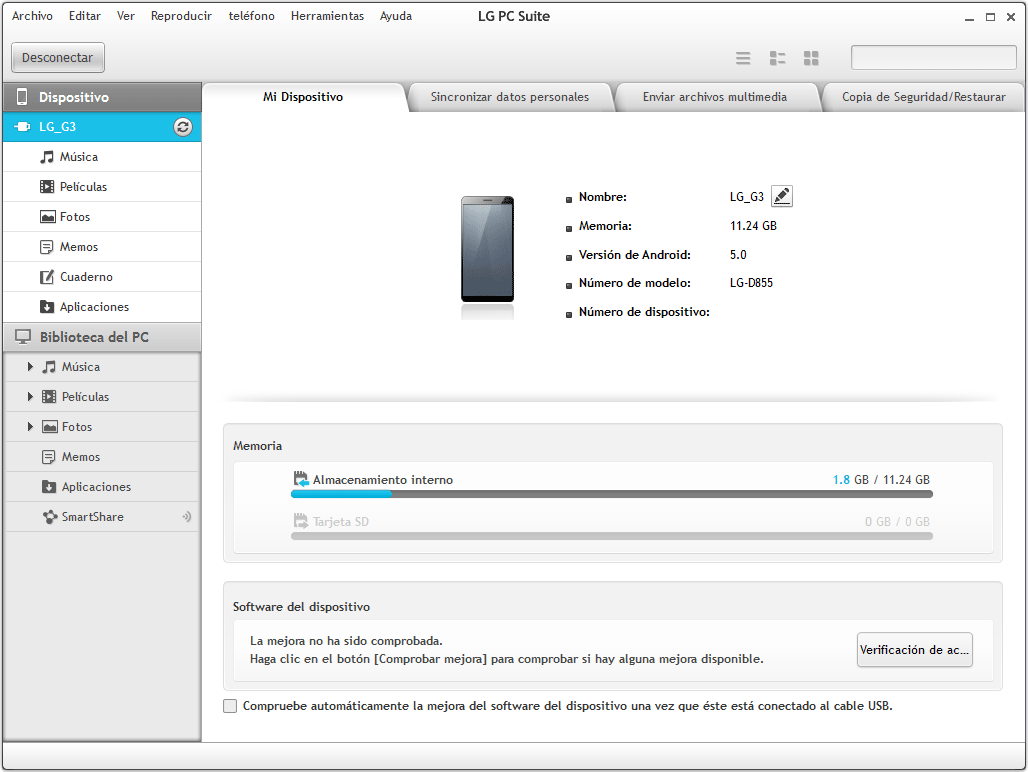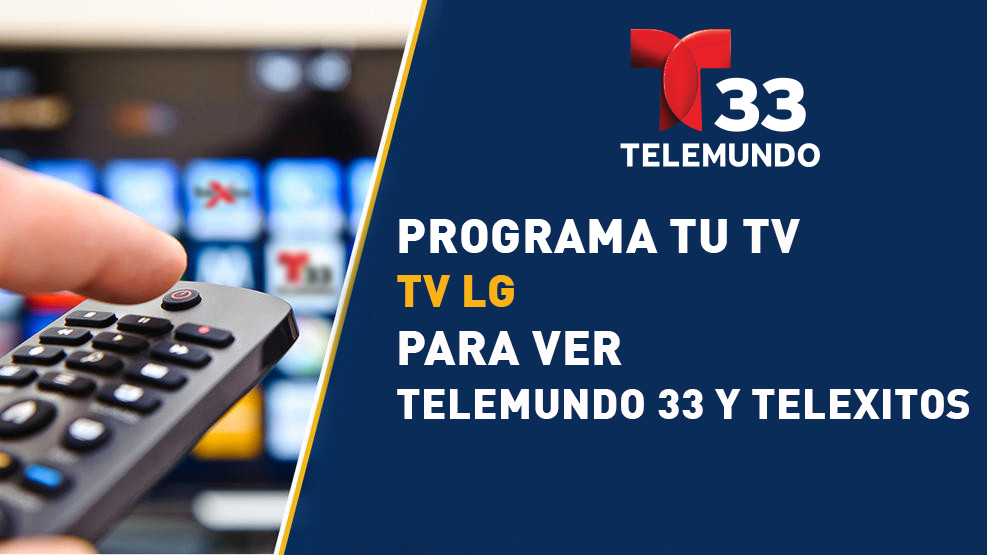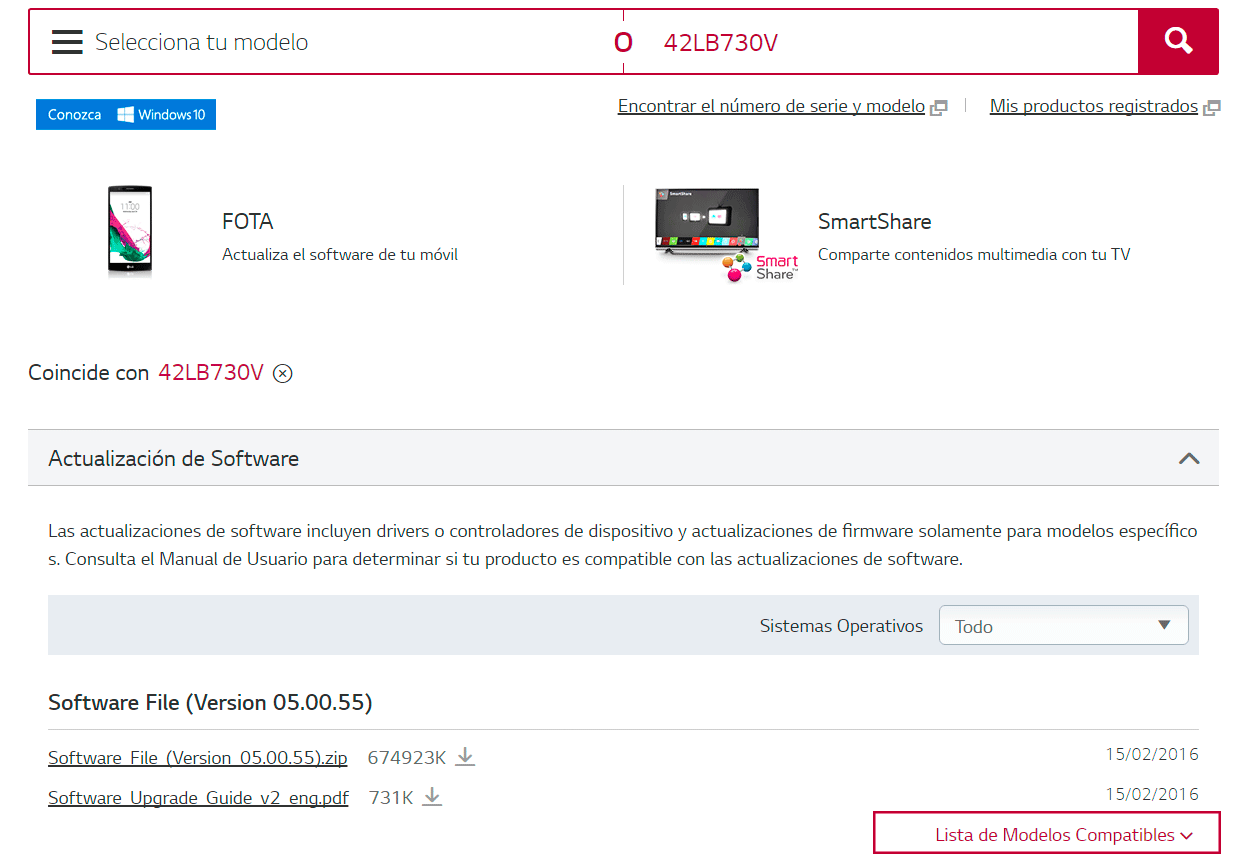
LG MH7235GPS Horno Microondas Smart Inverter con Parrilla de Cuarzo, 32 litros, 1200 W, Programas Automáticos, 5 Niveles de Potencia, Plato Microondas Crispy Incluido - Negro Humo : Amazon.es: Hogar y cocina

Lead on Site, herramienta de Marketing On Site de Artyco, aumenta tráfico clientes de LG +7% - El Programa de la Publicidad

Los proyectos que respalda el programa LG Nova para alcanzar una sociedad más "ecológica, accesible y conectada"

El LG G5 recibe una actualización software que incorpora un cajón de aplicaciones nativo | Teknófilo



